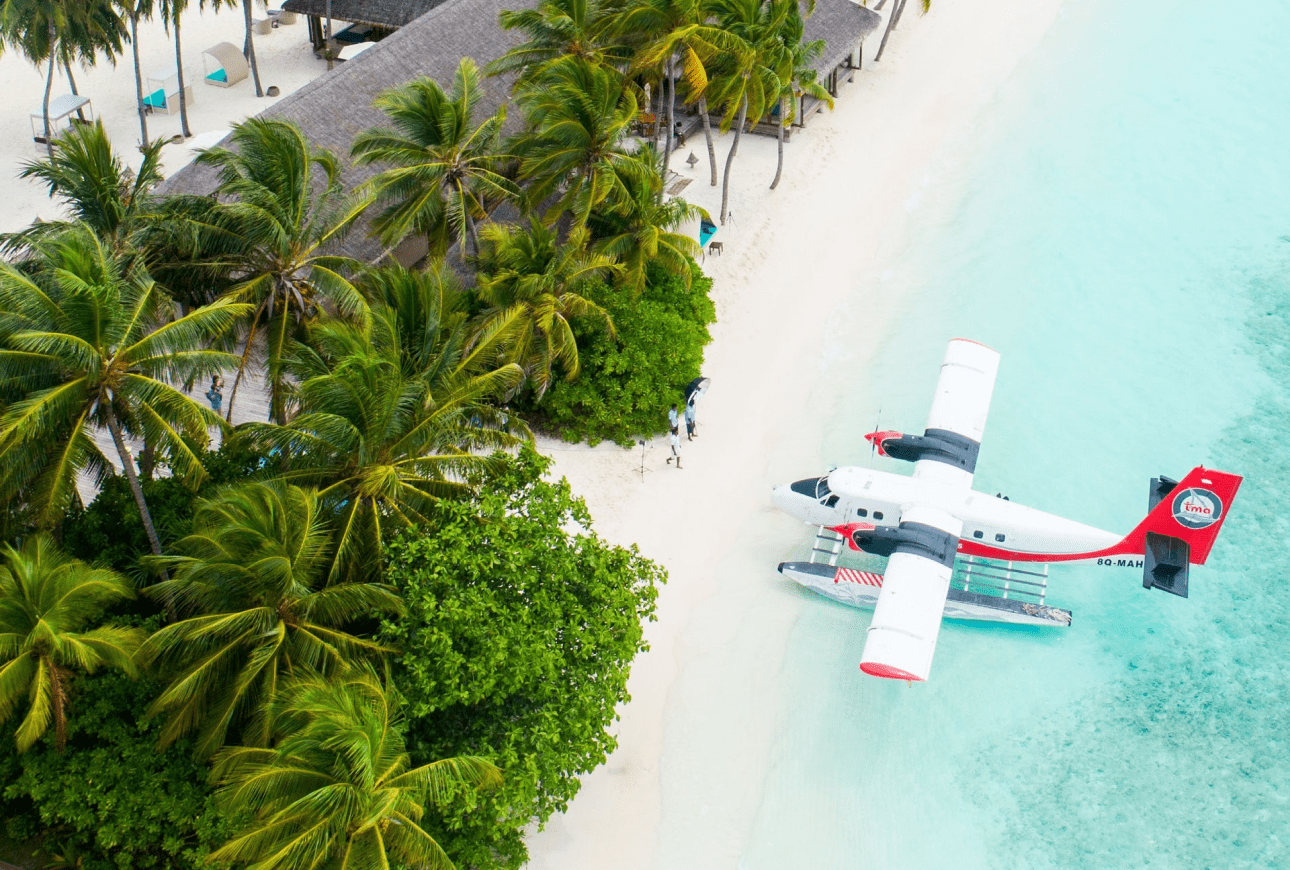Saudi Arabia, officially known as the Kingdom of Saudi Arabia (KSA), is a country located on the Arabian Peninsula in the Middle East. With a land area of approximately 2.15 million square kilometers, it is the largest country in the Middle East and the 13th largest in the world. Bordered by Jordan, Iraq, Kuwait, Qatar, the United Arab Emirates, Oman, and Yemen, Saudi Arabia’s economic and geopolitical significance is profound.
Historical Context
The history of Saudi Arabia is deeply intertwined with the development of Islam. The region is home to the two holiest cities in Islam, Mecca and Medina. In the 7th century, Mecca became the birthplace of the prophet Muhammad and the site of the first revelation, which laid down the foundations of Islam. Over the centuries, the region evolved through various dynasties and empires, including the Umayyads and the Abbasids.
In the early 20th century, Abdulaziz Ibn Saud unified the disparate tribes and regions into a single kingdom in 1932, establishing the modern nation-state of Saudi Arabia. His leadership brought stability and modernization to a region that was previously mired in tribal conflicts.
Economic Development
Saudi Arabia's economy is predominantly based on oil, owing to its vast reserves. Discovered in the late 1930s, petroleum became the backbone of the country's economic structure, providing the government with the revenues necessary for infrastructure development, education, and healthcare. As of 2023, Saudi Arabia holds the second-largest proven oil reserves in the world, making it a pivotal player in the global energy market.
In recent years, the Kingdom has recognized the need to diversify its economy, leading to the launch of Vision 2030 in 2016. Spearheaded by Crown Prince Mohammed bin Salman, this ambitious plan aims to reduce the kingdom's dependence on oil by promoting sectors like tourism, entertainment, and technology. The government has invested heavily in initiatives such as NEOM, a futuristic city envisioned to incorporate smart technologies and renewable energy solutions.
Culture and Society
Saudi Arabia has a rich cultural heritage that reflects its Islamic roots and Bedouin traditions. The Kingdom is renowned for its vibrant handicrafts, including intricate pottery, textiles, and jewelry. Traditional music and dance, particularly the Ardah, a form of folk dance performed during celebrations, illustrate the cultural richness of the nation.
Cuisines vary across different regions, with staple foods including rice, lamb, and dates. Mandi, a rice dish flavored with spices, is among the most popular traditional meals.
In recent years, social reforms have taken center stage, marking a significant transition in Saudi society. Under the Vision 2030 initiative, the government has introduced various social reforms aimed at empowering women, who now enjoy greater rights, including the ability to drive and attend sporting events. Moreover, the entertainment sector has seen a dramatic expansion, with concerts, festivals, and sporting events becoming increasingly accessible to the public.
Geopolitical Significance
Saudi Arabia plays a crucial role in regional and international politics. As a founding member of the Gulf Cooperation Council (GCC), the Kingdom focuses on fostering cooperation among its neighboring countries in economic and security matters. Its strategic position near major shipping lanes and its leadership in the Arab world amplifies its influence on global affairs.
Relations with Western nations, particularly the United States, have been historically strong, stemming from shared interests in security and oil. However, recent years have seen a complex shift in alliances and a reevaluation of foreign policy that may redefine the Kingdom's global relationships.
Challenges Ahead
Despite significant strides in modernization and development, Saudi Arabia faces a myriad of challenges. High unemployment rates among the youth, a need for educational reforms, and regional tensions are critical issues that the government must navigate. Moreover, the environmental impact of oil dependency and the need for sustainable practices pose additional hurdles for future development.
Saudi Arabia stands at a crossroads between its rich historical and cultural heritage and a modern future shaped by ambitious visions of economic diversification and social reform. As the Kingdom continues to evolve, its role within the region and on the global stage will be pivotal not only for its own future but also for the broader context of international relations and economic trends. The balancing act between tradition and modernization will define Saudi Arabia's narrative as it moves forward into an uncertain yet promising future.









